The research team on Quaternary glaciation of the Tibetan Plateau composed of scientists from ITP, the University of Californiaat Riverside, the University of Washington, Lawrence Livermore National Lab, USA, and St. Andrews University, UK, has recently returned to Beijing after one month of expedition.
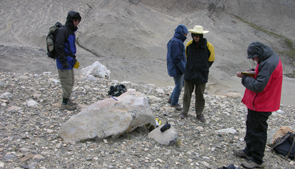
Photo 1. Collecting CRN dating samples on boulders
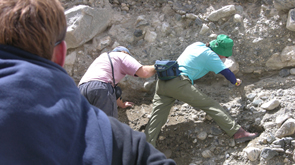
Photo 2. Collecting OSR dating samples at the steep east slope of Rongbusi Glacier
This expedition focused on group work of research on geomorphy and sedimentation of Quaternary glaciation in Rongbusi Valley on the north slope of Qomolangma.
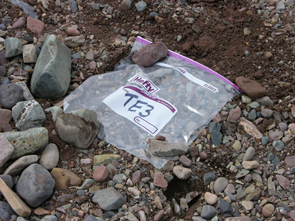
Photo 3. Collecting samples of modern sediments on Tanggula Mountains.
Based on the existing research results, it conducted detailed investigation on relics of Rongbudesi Ice Age, Rongbusi Ice Age, and Jilongsi Ice Age, and carried out for the first time in this area research on CRN and OSR chronology.
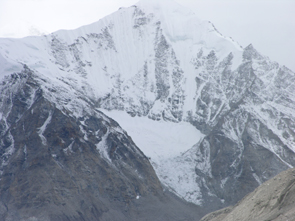
Photo 4 The Guangming Cirque near the confluence of middle and western Rongbu Glacier
The CRN dating in this research adopted the Be10 method in collection of the nearly 80 samples on the surface of stable and well-preserved boulders in moraine ridges formed in different periods. The OSR samples were obtained from the sedimentary layer of typical moraines. Through painstaking hardships, researchers managed to obtained samples of end and lateral moraines covering various periods.
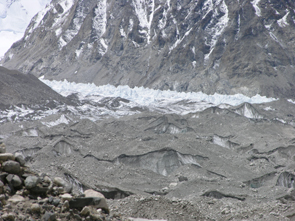
Photo 5. Seracs of Rongbusi Glacier
Samples of modern sediments were also collected along the Qinghai-Tibet Road for background analysis of Be10 content.
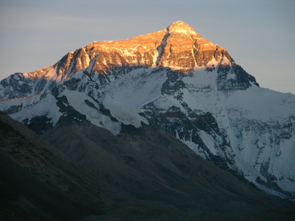
Photo 6. The highest peak in the world
|






